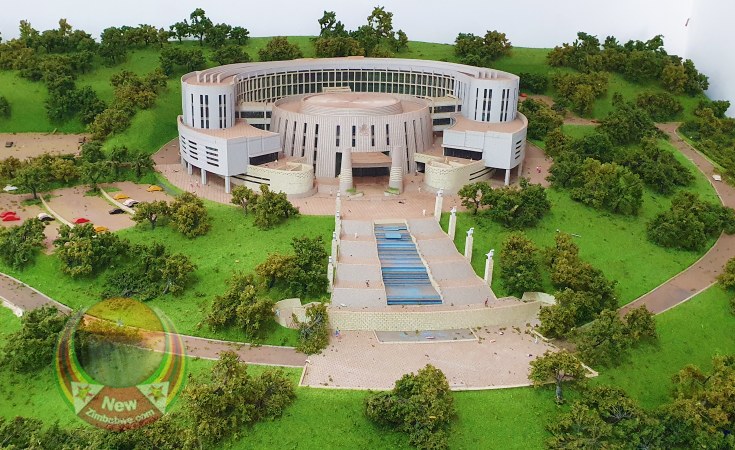Harare, Zimbabwe — Jeers filled the air when lawmakers of the ruling ZANU-PF party celebrated after the Private Voluntary Organizations Amendment Bill, which regulates non-governmental organizations, passed in Zimbabwe's Senate late Wednesday.
The legislation, which still awaits President Emmerson Mnangagwa's signature, makes it a criminal offense for NGOs to support or oppose political parties or candidates in any election.
Supporters say the legislation is designed to curb financing for terrorism and money laundering in Zimbabwe. Ziyambi Ziyambi, Zimbabwe's justice minister, told Parliament after the bill passed that law-abiding NGOs have nothing to fear.
"All we are saying is: if you come and you say you want to assist - in quotes - water sanitation, you have not any business in getting into political lobbying," he said. "So, we are saying: we want to follow the money where it is going. So, we believe that this is a progressive piece of legislation."
But opposition lawmakers and human rights activists don't see it that way.
Musa Kika, a human rights lawyer who heads the Zimbabwe Human Rights NGO Forum, said the law infringes on Zimbabweans' basic rights.
"Our position is this law is unconstitutional," he said. "It violates freedom of association. It violates citizens' rights to organize and self-organize in spaces outside the state. So that's our position that this law cannot and will not stand constitutional scrutiny by an independent and any competent court."
Kika said the process to enact the bill had been driven by the president's office, and that parliament ignored Zimbabweans' objections during public hearings on the proposed legislation.
"And the consequences for our country are going to be dire," he said. "From a social protection point of view, from [a] diminished accountability point of view, even economic fortunes given that development support in Zimbabwe was contributing annually almost $1 billion. We are going to see a significant reduction in those that find Zimbabwe being a safe space for them to bring their development support."
Kika said the NGOs in Zimbabwe are now at the "mercy" of the government.
During the debate in Parliament, a member of the opposition, Morgen Komichi, said the new law would result in only the government's voice being heard.
"In a democracy, there should be different voices," he said. "People should air their views. They should converge, discuss and plan their things. In last 42 years, Zimbabwe hasn't seen an organization which is a threat to government. Please do not enact this law...."
Meanwhile, a top local official of the U.S. Agency for International Development (USAID) - one of Zimbabwe's major financiers - said the legislation could have major consequences. Priscilla Sampil, acting director of USAID Zimbabwe, told a local newspaper this week that the agency's programs with local NGOs will be severely affected if President Mnangagwa signs the bill into law.
USAID has provided $4.5 billion in support to Zimbabwe since 1980 for water and sanitation, HIV/AIDS and other health-related issues.
The agency declined to comment to VOA for this story.


